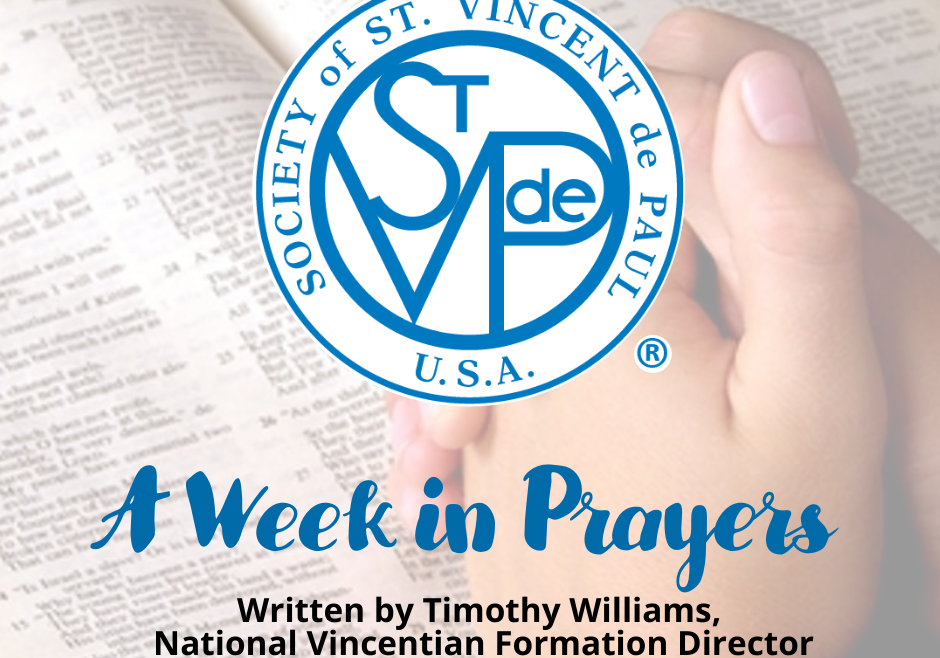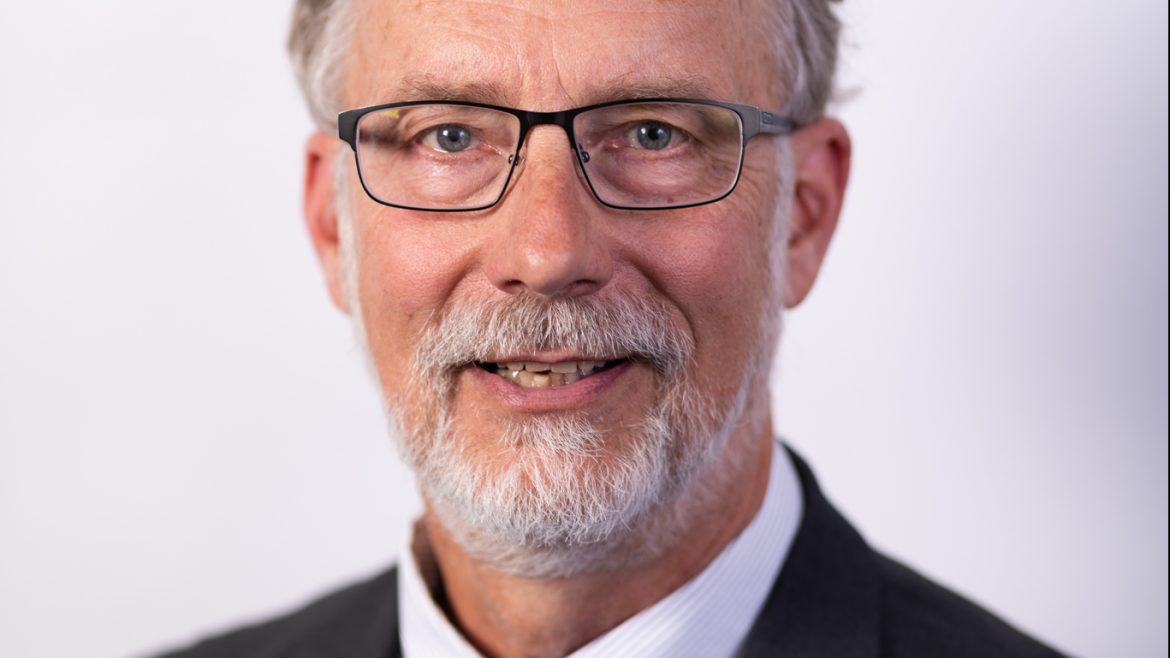During its first two decades, within the short lifetime of Bl. Frédéric, the Society of St. Vincent de Paul expanded rapidly, with Conferences established across France, throughout Europe, and even around the globe in Canada, Mexico, and the United States. Only four years after the founding, Frédéric remarked that “our little Society of St. Vincent de Paul has grown large enough to be considered a providential fact”. [Letter 160, to Lallier, 1837]
It would be a natural human instinct to take great pride in this growth, to shout out to the world about how great the Society had become! Frédéric instead advised that, rather than take pride in this, we should “seek to develop the spirit of humility. Grass grows rapidly, but it does not cease on that account to be insignificant; it does not say because it covers much ground, I am the oak.” [Baunard, 396]
In a similar way, we should avoid developing pride in the annual reports of our Conferences and Councils. We are of course required by tax laws and by basic accountability to our benefactors to offer such reports, and as the old Texas saying goes, “it ain’t bragging if you can do it.” This may be true for worldly accomplishments, but the virtue of humility reminds us “that we can achieve nothing of eternal value without His grace.” [Rule, Part I, 2.5.1]
We can no more take personal credit or pride from the numbers in our reports than a child can take pride in eating the meal his parents have provided. Humility calls us to accept our gifts with gratitude, with love, and with joy.
All our gifts, the ones we receive and the ones we give, are from God. Even the very founding, organization, and growth of the Society is from God alone. As St. Vincent explained to the Daughters of Charity in 1648, “‘There can be no doubt whatever that it was God who established you. It wasn’t [Louise]; she didn’t think of it. As for me, alas! it never occurred to me… it’s God himself who has brought you together in a very mysterious, excellent way…” [CCD IX:358]
As we assemble our reports and share them with our parishes and benefactors, we should always do so with “gratitude for having been chosen, frail and weak as we are, as instruments of so great an enterprise. It especially remains for us to render ourselves worthy.” [Letter 205, to Athaud, 1837]
After all, to say that the Society is “providential” is precisely to say that it is not our doing.
Contemplate
Do I know, deep in my heart, that all my works of charity are works of God alone?









